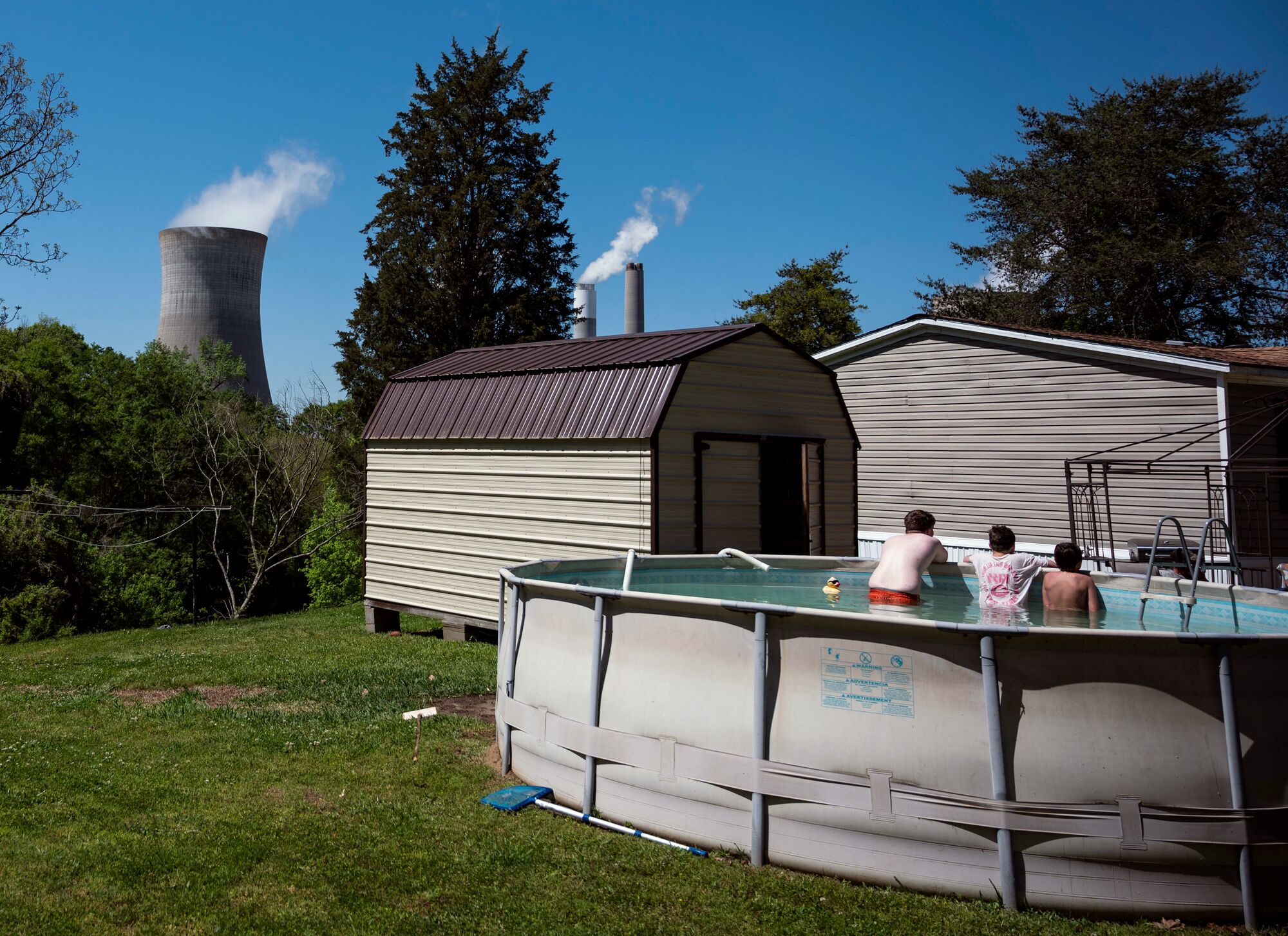Trump Gave OK for 68 Coal Plants to Ignore Clean Air Act Standards via Email
In response, 12 groups file a lawsuit challenging unlawful exemptions allowing coal plants to sidestep mercury and arsenic limits
Contacts
Erin Fitzgerald, Earthjustice, efitzgerald@earthjustice.org
Ryan Maher, Center for Biological Diversity, rmaher@biologicaldiversity.org
Samantha Sadowski, Clean Air Task Force, ssadowski@catf.us
Sharyn Stein, Environmental Defense Fund, sstein@edf.org, (202) 905-5718,
Karsten Neumeister, Environmental Law and Policy Center, kneumeister@elpc.org
Ari Phillips, Environmental Integrity Project, aphillips@environmentalintegrity.org, (202) 263-4456
John Walke, NRDC, jwalke@nrdc.org (or press contact Ivan Moreno, NRDC, imoreno@nrdc.org, (312) 651-7932
Today, a coalition of 12 environmental and community groups filed a lawsuit against the Trump administration over its illegal use of presidential exemptions that allowed 68 coal-fired power plants to postpone complying with tighter standards for mercury, arsenic, and other toxic emission improvements. Mercury and arsenic cause cancers and birth defects.
The lawsuit comes one day after the Trump administration proposed to repeal the 2024 MATS, and the 111 Power Plant rule limiting pollution from coal and gas-fired power plants that exacerbate climate-heating greenhouse air pollution.
“This illegal scheme from Trump and Zeldin sacrifices families’ health by allowing coal-fired power plants a free pass to pollute,” said the coalition of groups suing the administration. “More mercury and arsenic means more cancer, more harm to children’s brain development, and more suffering in communities already burdened by coal power plant pollution.”
In March, Environmental Protection Agency Administrator Lee Zeldin invited corporations to email the agency to request exemptions from clean air standards. Corporations were told they could cite “national security” or “lack of available technology” as justifications. A month later, two-year exemptions were sent to coal-fired power plants, although many already comply, and pollution controls are installed at most of the plants and are otherwise widely available.
The coal power plants granted exemptions are spread across 23 states: Alabama, Alaska, Arizona, Arkansas, Georgia, Illinois, Indiana, Kansas, Kentucky, Louisiana, Mississippi, Missouri, Montana, New Hampshire, North Dakota, Ohio, Oklahoma, Pennsylvania, South Dakota, Tennessee, Texas, West Virginia, and Wyoming. Many of the exempted facilities are located in or near working-class communities and communities of color already burdened by pollution.
The lawsuit, filed in the U.S. District Court for the District of Columbia, challenges President Trump’s April 2025 proclamation granting pollution exemptions that had been requested by email, sidestepping any form of public process, and contravening the statutory framework. Trump’s power grab hinges on twisting Section 112(i)(4) of the Clean Air Act, a provision never used in 55 years and meant for true national security emergencies where pollution controls are unavailable. His proclamation vaguely cited “national security” and “lack of available technology,” even though many coal plants already meet the MATS and proven pollution controls are widely available.
The plaintiffs to the lawsuit are Air Alliance Houston, Clean Air Council, Downwinders at Risk, Montana Environmental Information Center, and Sierra Club, represented by Earthjustice; Center for Biological Diversity and Environmental Defense Fund, represented by Donahue, Goldberg & Herzog; Citizens for Pennsylvania’s Future, represented by Clean Air Task Force; Environmental Integrity Project; Dakota Resource Council and Environmental Law and Policy Center (ELPC), represented by ELPC; and NRDC (Natural Resources Defense Council).
Background on MATS:
Before MATS was established in 2012, there were no federal limits on how much mercury and toxic air pollution coal power plants could emit. The standards led to an 90% reduction in mercury emissions, 80% drop in other metals, and helped save up to 11,000 lives each year. In 2024, the EPA strengthened MATS, building on what has become one of its most effective air pollution rules.
EPA’s own analysis of the 2024 rule found:
- $33 million in annual health benefits
- Minimal impact on electricity reliability, with no expected retirements
- Only 33 plants required upgrades to meet non-mercury metal standards.

About Earthjustice
Earthjustice is the premier nonprofit environmental law organization. We wield the power of law and the strength of partnership to protect people's health, to preserve magnificent places and wildlife, to advance clean energy, and to combat climate change. We are here because the earth needs a good lawyer.